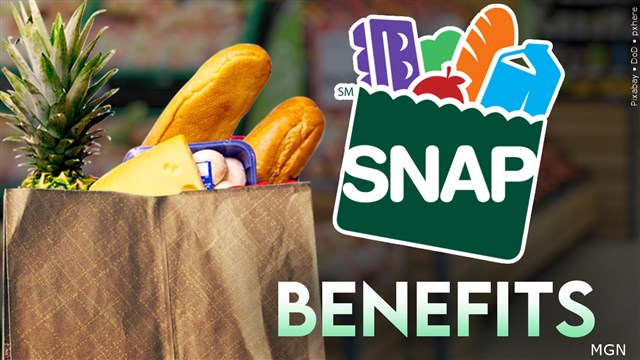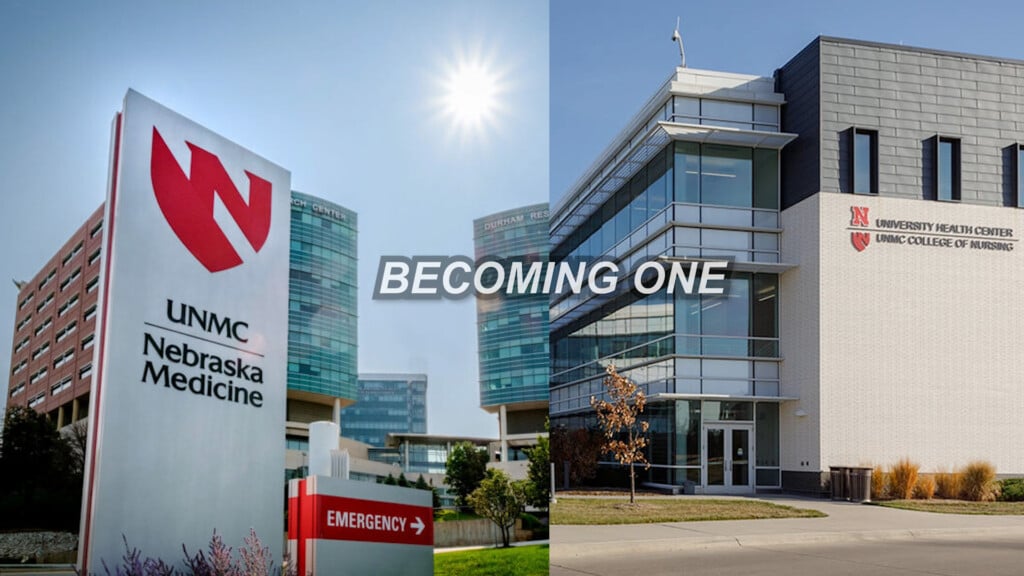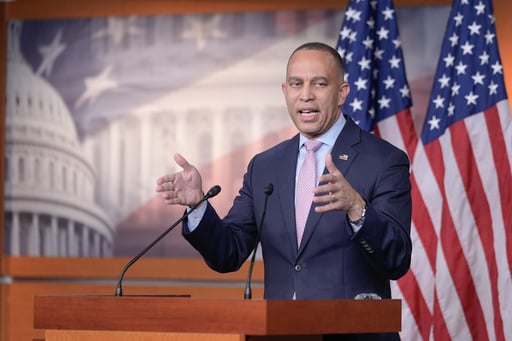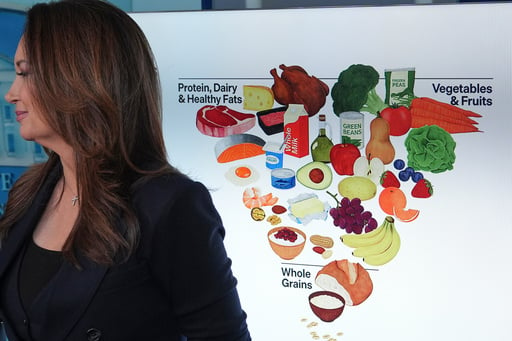Nebraska named most aggressive in scaling back food stamp benefits despite soaring prices
“From the middle of the month to the end of the month, people have no food,” said Omaha resident, Annie Ballan.

LINCOLN, Neb. (KLKN) – Nebraska took the most aggressive action in the country, ending emergency benefits four months into the pandemic. While America is impacted by the largest food cost increase in decades, more than 40 million Americans nationally are seeing food stamp benefits plunge.
The payments to low-income individuals and families are dropping as governors end COVID-19 disaster declarations and opt out of an ongoing federal program that made their states eligible for dramatic increases in food stamps. The U.S. Department of Agriculture began offering the increased benefit in April 2020 in response to surging unemployment after the COVID-19 pandemic swept over the country.
Gov. Pete Ricketts ended the emergency benefits four months into the pandemic in July 2020. Ricketts said the move was necessary to “show the rest of the country how to get back to normal.”
Since then, nearly a dozen states with Republican leadership have taken similar action, with Iowa this month being the most recent place to slash the benefits. Benefits also will be cut in Wyoming and Kentucky in the next month. Arkansas, Florida, Idaho, Missouri, Mississippi, Montana, North Dakota, Nebraska, South Dakota, and Tennessee have also scaled back the benefits.
Republican leaders argue that the extra benefits were intended to only temporarily help people forced out of work by the pandemic. Now that the virus has eased, they maintain, there is no longer a need to offer the higher payments at a time when businesses in most states are struggling to find enough workers.
In contrast, the extra benefits also help out families in need at a time of skyrocketing prices for food. Recipients receive at least $95 per month under the program, but some individuals and families typically eligible for only small benefits can get hundreds of dollars in extra payments each month.
The entire program would come to a halt if the federal government decides to end its public health emergency, though the Biden administration so far hasn’t signaled any intention to do so.
For people like Annie Ballan, 51, of Omaha, Nebraska, the decision by Ricketts to stop participating in the program reduced SNAP payments she and her son receive from nearly $500 a month to $41; both have health problems and can’t work. “From the middle of the month to the end of the month, people have no food,” said Ballan.



